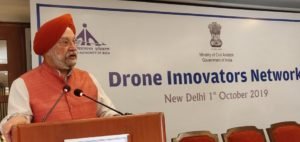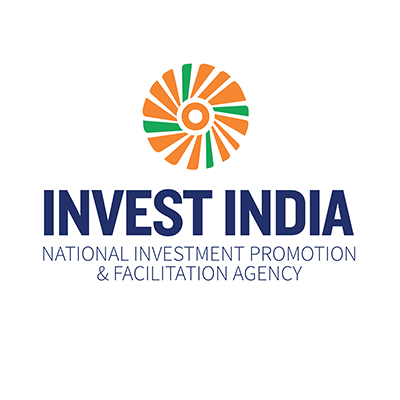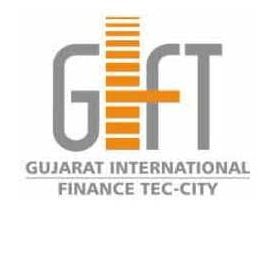But Puri wants responsible way forward

India will require a strong technology platform for governance of Drones, especially to support exponential growth in the sector, Minister of State for Civil Aviation Hardeep Singh Puri has said.
“To support exponential growth of the drone technology adoption, India will require a strong technology platform for governance of Drones,” said Puri.
“While we appreciate and understand immense commercial and social applications that a drone can provide, at the same time, however, we are also aware of the destructive nature of the technology.
“We have, therefore, developed a system in which each of the operators of drones is recognised and tracked so as to have secure and safe drone operations,” he said.
Puri also pointed out that India is favourably placed to be a leader in the drone sector and serve as a model for balancing the opportunities that these unmanned Aircraft Systems bring for social and economic development with the obligation to maintain public safety and security.
But the responsible use is the way forward, underlined Puri in a Keynote Address at the Drone Innovators Network Summit-2019, held 1 Oct 2019 in Delhi.
“Aviation is undergoing a revolution and the pace of technological advancement is providing both opportunities and challenges,” he said.
“It has been our effort to ensure that policy fundamentals are contemporary, and that technology acts as an enabler and catalyst for growth,” said Puri.
Expanding use of unmanned Aircraft Systems (Drones) is one such example, he added.
“India is one the few countries to come out with drone regulations. India’s Directorate General of Civil Aviation issued Civil Aviation Requirements (CAR), effective 1 December 2018 for drones,” the minister pointed out.
As per the regulations, manufacturers of drone are required to comply with the requirements of No Permission, No Take-off (NPNT) on the Remotely Piloted Aircraft System (RPAS).
These regulations (CAR Version 1.0) only permit operations of drones during daytime Visual Line of Sight.
“While we appreciate and understand immense commercial and social applications that a drone can provide, at the same time, however, we are also aware of the destructive nature of the technology.
“We have, therefore, developed a system in which each of the operators of drones is recognised and tracked so as to have secure and safe drone operations. To support exponential growth of the drone technology adoption, India will require a strong technology platform for governance of Drones,” said Puri.
The summit organised by the World Economic Forum under the aegis of the Ministry of Civil Aviation saw participation from National and International Aviation Regulatory bodies, Drone Industry and senior Civil Aviation Ministry officials.
Technology
NPNT is a software programme that enables every Remotely Piloted Aircraft System (RPAS) (except Nano) to obtain a valid permission through the DigiSky platform before operating in India.
OEMs/Manufacturers are to comply with this requirement. The DigiSky is a portal for registration and flying of civil drones in India.
The purpose of DigiSky is to create a digital, paperless process, thus providing on-demand seamless permissions for UAS/RPAS, operators, and pilots.
The RPAS are embedded with encrypted firmware by the manufacturer to receive permissions through ‘DigiSky’ each time before take-off. This platform will also eventually enable Unmanned Aircraft Traffic Management (UTM) functions.
“No drone zones” are to be geo-fenced into the DigiSky platform and the NPNT code will activate the “Return to Home” function in the drone and the same shall be recorded in the Digital Recorded Path.
In case the drone deviates from its path or enters a no drone area, it will automatically return to home.
The Summit saw various stakeholders sharing ideas on the best path forward to maximize the benefits of emerging drone technology while protecting society from the risks. fiinews.com










